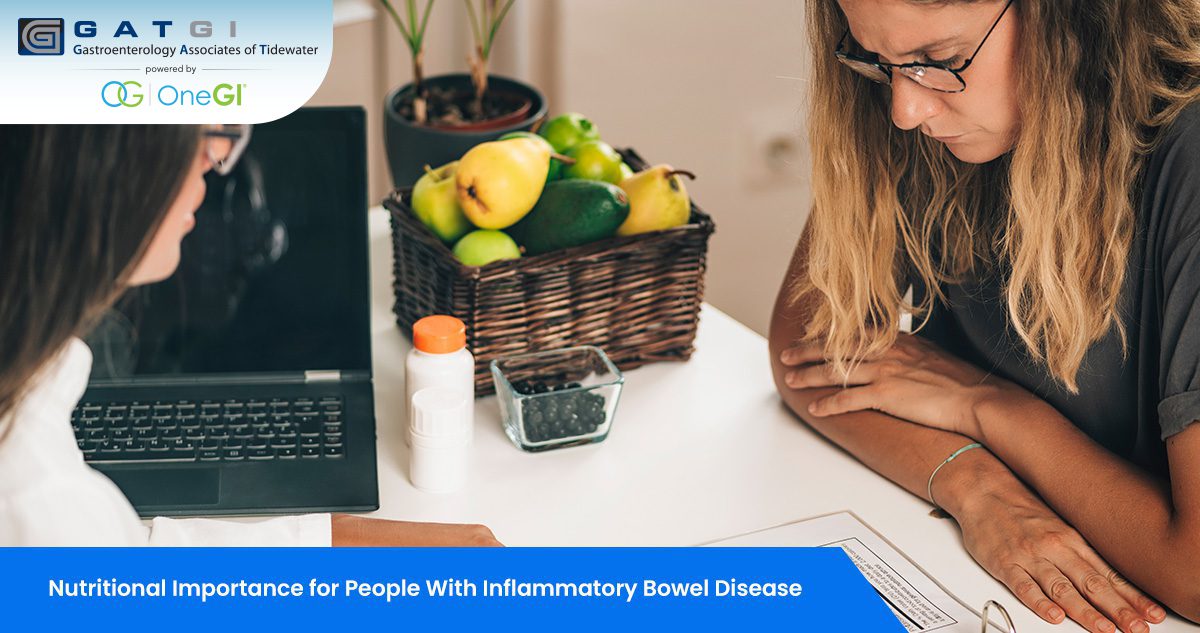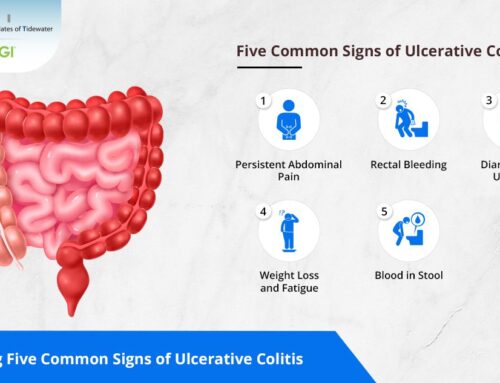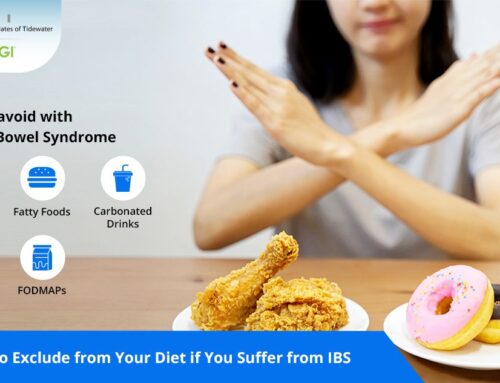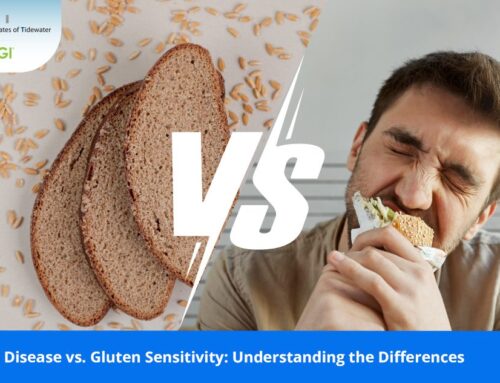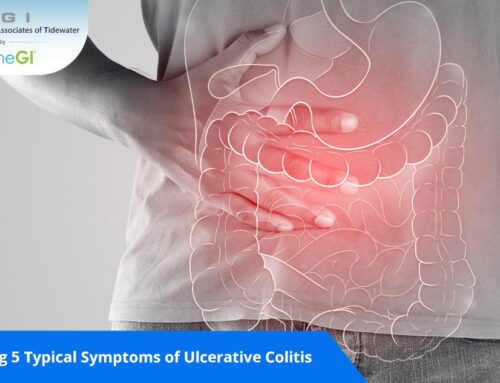If you are one of the 3 million Americans who suffer from inflammatory bowel disease, you know how important it is to pay attention to your diet. What you eat can have a big impact on your symptoms. In this blog post, we will discuss the nutritional importance of people with inflammatory bowel disease. We will also provide tips for managing your symptoms through diet.
Inflammatory bowel disease is a chronic condition that can cause stomach pain, weight loss, and diarrhea. If you suffer from any of these symptoms, one of the board-certified gastroenterologists at Gastroenterology Associates of Tidewater can help you manage your condition.
IBD symptoms may come and go and can range from mild to severe. These symptoms may include:
- Belly pain
- Diarrhea or a strong urge to defecate (bowel urgency). This sometimes alternates with constipation.
- Gas and bloating.
- Loss of appetite or unexplained weight loss.
- Blood or mucus in stool
There are two types of inflammatory bowel disease: ulcerative colitis and Crohn’s disease. Both conditions are treated with medication, but diet is also an important part of managing your symptoms. Here are some nutrition recommendations to assist you to stay on track with your daily nutrition as well as help manage IBD symptoms:
- Start a food journal to document what you eat and any symptoms you may have after eating. This will help you and your doctor identify any trigger foods.
- Eat small, frequent meals throughout the day to avoid putting too much stress on your digestive system.
- Use simple cooking methods such as boiling, grilling, steaming and poaching.
- Avoid Insoluble fiber foods that are hard to digest such as fruits with skin and seeds, raw green vegetables (especially cruciferous vegetables such as broccoli, cauliflower, or anything with a peel), whole nuts, and whole grains.
- Focus on getting enough soluble fiber which dissolves in water and helps add bulk to your stool. Good sources of soluble fiber include oats, barley, psyllium husks, flaxseeds, fruits such as bananas, and vegetables such as sweet potatoes.
- Avoid spicy and greasy foods
- Eat lean protein such as fish, lean cuts of pork, white meat poultry, soy, eggs and firm tofu.
- Avoid fatty meats and processed meats such as bacon, sausage and lunch meats.
- Dairy products can sometimes make symptoms worse. If you tolerate them well, choose low-fat or fat-free dairy products. Otherwise, try lactose-free dairy products or calcium-fortified soy milk.
- Other triggers for symptoms may include sugary foods, alcohol and caffeine
Gastroenterology Associates of Tidewater has offices in Chesapeake and Virginia Beach. Contact us and make an appointment by calling (757) 547-0798.

